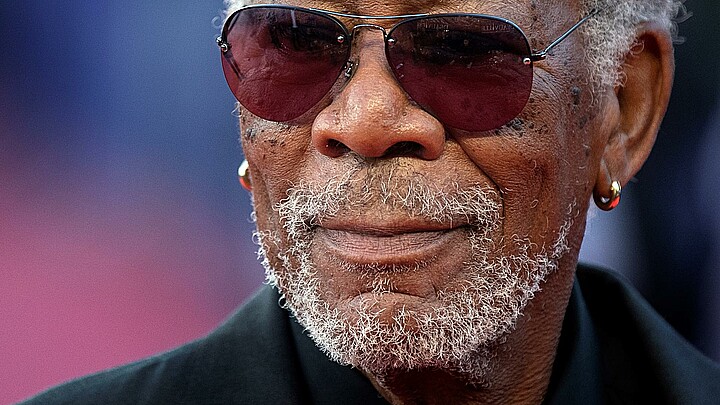Culture
Mike Rowe sounds alarm on falling work ethic, 'Depression-era' labor force numbers
"What does it mean to have a bunch of opportunity that nobody gives a damn about?”
November 18, 2022 8:26pm
Updated: November 18, 2022 9:05pm
Mike Rowe, former host of “Dirty Jobs,” warned Thursday of a declining work ethic in America’s labor force today, especially among able-bodied men, who were instead spending thousands of hours a year “on screens.”
Rowe said during an appearance on Fox News’s “Tucker Carlson Tonight” that there are now 7 million men between the ages of 25 and 40 who are not only not working, but “affirmatively not looking for a job.”
“That’s never happened in peacetime – ever,” Rowe told host Tucker Carlson.
The host of Fox Business’ “How America Works” pointed to the work of economist Nick Eberstadt, who has examined how Americans have not returned to work after the COVID-19 pandemic even though they have greater bargaining power than ever before.
“For every unemployed person in the U.S. today, there are nearly two open jobs, and the labor shortage affects every region of the country,” Eberstadt wrote in a September Wall Street Journal op-ed. “Major sectors are now wide open to applicants without any great skills, apart from the ability to show up to work, regularly and on time, drug-free.”
"Economists like Nick Eberstadt take a dim view of it,” Rowe said. “Examining the labor market post-COVID they’re worried, and they’re trying to inject that into the conversation at a time when we’re still looking at the unemployment number as the true harbinger of what’s really going on.”
But Rowe argued that the economists were looking at the “wrong thing.”
“We’re looking at not what it means to have a bunch of people unemployed, but what does it mean to have a bunch of opportunity that nobody gives a damn about?” he explained to Carlson.
The pair discussed airline pilots, where a shortage has resulted in delayed flights and even mass cancellations.
Rowe also cited Eberstadt’s work that found that men who were not employed and not looking for work spent “over 2,000 hours a year on screens.”
“You know, 4 million fewer people are in the workforce today than before the lock downs and 4 million more jobs have opened up it's almost a perfect mirror image and the reflection is kind of hideous,” he bemoaned.










